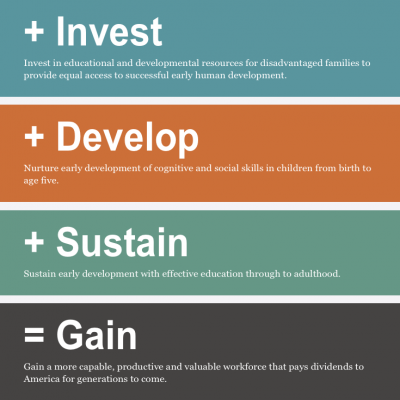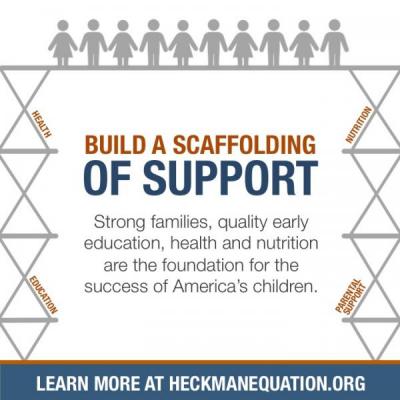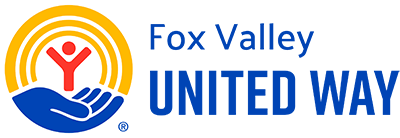
Read about early childhood development below and click on a resource to download or get more information.
Gateways to Early Childhood
Learn more about Early Childhood support and services by filling out this brief survey. This is intended for children that are birth to 5 years old. All information will be kept confidential. Thank you!
Developmental Screenings
Participating in a screening will give you time to talk about your child’s development. You will also receive fun and simple activity ideas you can use with your child to help them continue to learn and grow. If screening results indicate that your child would benefit from an evaluation, we will discuss next steps, and with family consent a referral will be made to Child & Family Connections (birth to three year old's) or School District (3-5 year old's) or another Lead Education Agency to help ensure your child has the best possible start. If you have any questions, or desire another opinion don’t hesitate to ask your child’s doctor or early childhood provider. Read the ASQ Quick-Guide here. If you are ready to schedule an appointment, email SPARK@FoxValleyUnitedWay.org now.
Playgroups
These free events are an excellent way for your little one to interact with new friends and to try new things.
Click here for information on our upcoming events.
Lantern
Kids don't come with instructions! Anyone who cares for and loves a child, from prenatal care through age 5 — parents, parents-to-be, grandparents, babysitters, aunts, uncles, neighbors, friends, or teachers — Lantern can help! We send free text messages with straightforward, practical tips and activities right to your cell phone. Our content comes from trusted partners like PBS and Sesame Street. Messages are targeted to your child’s age and include information on development, language and early literacy, health and safety, behavioral tips, and more.
Parent Resource Guide
A strong foundation to succeed in school and life starts in a child's earliest years. Children who enter kindergarten without early social, math and literacy skills will likely remain behind their peers throughout their education. To fully prepare for your child to enter kindergarten in Aurora, save this vital document.
10 Things Every Child Needs
At birth, an infant's brain is only 25 percent the size of an average adult's brain. Incredibly, by age 3, a child's brain has grown to 90 percent of an adult's brain. During infancy and early childhood, children are flooded with new experiences that impact their brain development. The first 5 years of a child's life offer parents an amazing opportunity to shape their child's growth and also form healthy habits that will last a lifetime. Read the full list of instructions here.
Activity Calendar
Our staff have prepared games and activities to share with your child that are both fun and educational. Check it out here!
Playful Learning Landscapes
Building young children’s early math skills by inspiring playful interactions with their caregivers in everyday places. Open the Executive Summary of where to find these spaces here.



